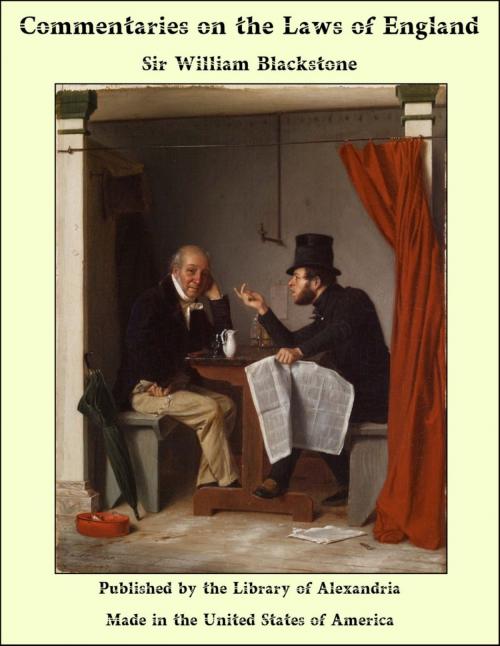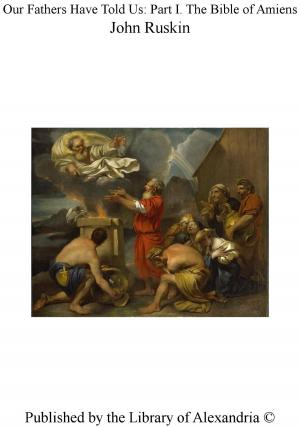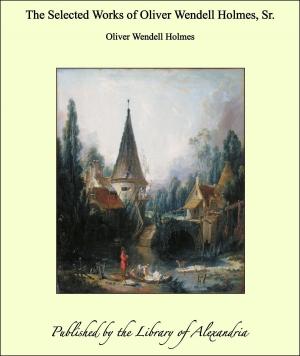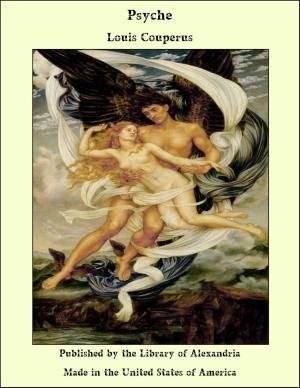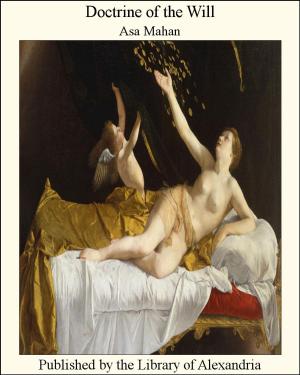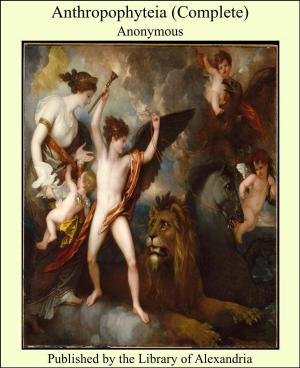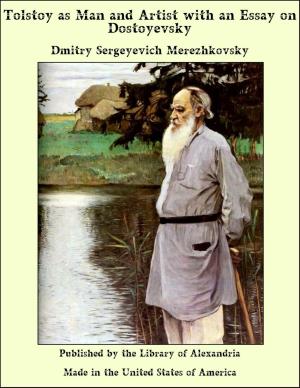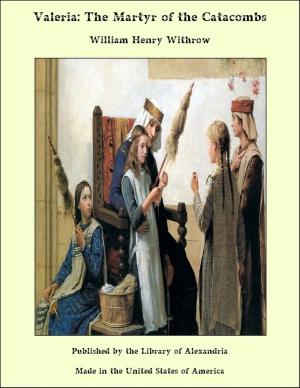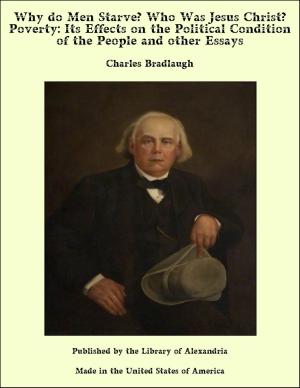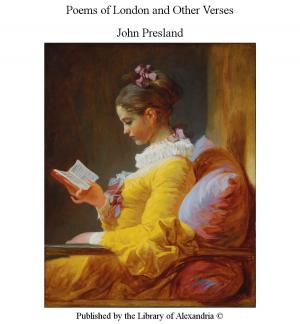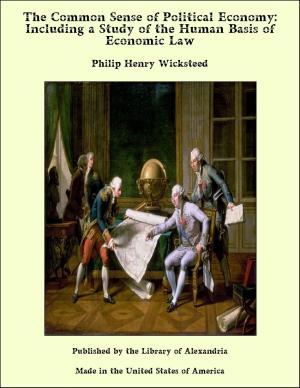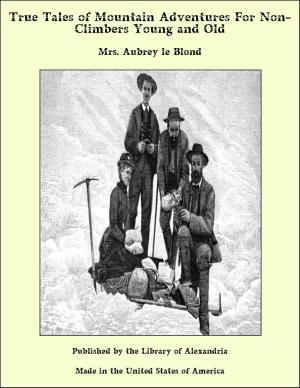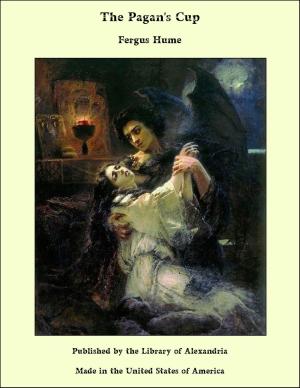Commentaries on the Laws of England
Nonfiction, Religion & Spirituality, New Age, History, Fiction & Literature| Author: | Sir William Blackstone | ISBN: | 9781465601667 |
| Publisher: | Library of Alexandria | Publication: | March 8, 2015 |
| Imprint: | Language: | English |
| Author: | Sir William Blackstone |
| ISBN: | 9781465601667 |
| Publisher: | Library of Alexandria |
| Publication: | March 8, 2015 |
| Imprint: | |
| Language: | English |
THE following sheets contain the substance of a course of lectures on the laws of England, which were read by the author in the university of Oxford. His original plan took it's rise in the year 1753: and, notwithstanding the novelty of such an attempt in this age and country, and the prejudices usually conceived against any innovations in the established mode of education, he had the satisfaction to find (and he acknowleges it with a mixture of pride and gratitude) that his endeavours were encouraged and patronized by those, both in the university and out of it, whose good opinion and esteem he was principally desirous to obtain. THE death of Mr Viner in 1756, and his ample benefaction to the university for promoting the study of the law, produced about two years afterwards a regular and public establishment of what the author had privately undertaken. The knowlege of our laws and constitution was adopted as a liberal science by general academical authority; competent endowments were decreed for the support of a lecturer, and the perpetual encouragement of students; and the compiler of the ensuing commentaries had the honour to be elected the first Vinerian professor. IN this situation he was led, both by duty and inclination, to investigate the elements of the law, and the grounds of our civil polity, with greater assiduity and attention than many have thought it necessary to do. And yet all, who of late years have attended the public administration of justice, must be sensible that a masterly acquaintance with the general spirit of laws and the principles of universal jurisprudence, combined with an accurate knowlege of our own municipal constitutions, their original, reason, and history, hath given a beauty and energy to many modern judicial decisions, with which our ancestors were wholly unacquainted. If, in the pursuit of these inquiries, the author hath been able to rectify any errors which either himself or others may have heretofore imbibed, his pains will be sufficiently answered: and, if in some points he is still mistaken, the candid and judicious reader will make due allowances for the difficulties of a search so new, so extensive, and so laborious.
THE following sheets contain the substance of a course of lectures on the laws of England, which were read by the author in the university of Oxford. His original plan took it's rise in the year 1753: and, notwithstanding the novelty of such an attempt in this age and country, and the prejudices usually conceived against any innovations in the established mode of education, he had the satisfaction to find (and he acknowleges it with a mixture of pride and gratitude) that his endeavours were encouraged and patronized by those, both in the university and out of it, whose good opinion and esteem he was principally desirous to obtain. THE death of Mr Viner in 1756, and his ample benefaction to the university for promoting the study of the law, produced about two years afterwards a regular and public establishment of what the author had privately undertaken. The knowlege of our laws and constitution was adopted as a liberal science by general academical authority; competent endowments were decreed for the support of a lecturer, and the perpetual encouragement of students; and the compiler of the ensuing commentaries had the honour to be elected the first Vinerian professor. IN this situation he was led, both by duty and inclination, to investigate the elements of the law, and the grounds of our civil polity, with greater assiduity and attention than many have thought it necessary to do. And yet all, who of late years have attended the public administration of justice, must be sensible that a masterly acquaintance with the general spirit of laws and the principles of universal jurisprudence, combined with an accurate knowlege of our own municipal constitutions, their original, reason, and history, hath given a beauty and energy to many modern judicial decisions, with which our ancestors were wholly unacquainted. If, in the pursuit of these inquiries, the author hath been able to rectify any errors which either himself or others may have heretofore imbibed, his pains will be sufficiently answered: and, if in some points he is still mistaken, the candid and judicious reader will make due allowances for the difficulties of a search so new, so extensive, and so laborious.
